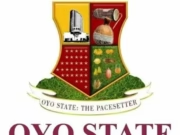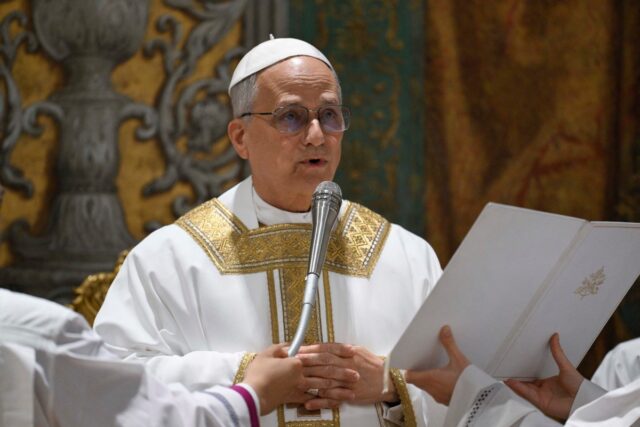
In a compelling call to conscience, the Pope has issued a stark warning about the dangers artificial intelligence poses to global systems and moral foundations. Speaking at a landmark Vatican symposium, he cautioned that unchecked AI development risks unravelling what he termed the “tranquillity of order.”
Table of Contents
Pope’s Message: Not Just Innovation, But Responsibility
At the heart of the Vatican event, a gathering of experts in theology, technology, and ethics, Pope Francis underscored that AI transcends being a mere technical advance—it’s a societal disruptor. He described modern AI as a force capable of influencing everything from individual behaviour to international stability.
The pontiff emphasised that AI systems, while efficient, can gradually destabilise social trust. He warned that their capacity to blur fact and fiction poses a significant threat to the very framework of reliable information, integral to peaceful, orderly societies.
“Tranquillity of Order”: A Timeless Ideal Under New Threat
Drawing on centuries-old Church teaching, the Pope referenced the concept of tranquillity of order—a harmony once defined by Augustine and celebrated through papal encyclicals. This principle rests on virtues: truth, justice, charity, and freedom. The danger, he said, arises when these virtues are displaced by algorithmic decisions or profit-driven systems devoid of ethical oversight.
He called for urgent reflection on how AI can erode the bedrock of trust, both in governance and interpersonal relationships. With the expansion of generative AI tools capable of producing deepfakes, automated propaganda, and identity manipulation, the concern grows that truth itself may become a casualty in the digital era.
The Church’s concern isn’t about resisting technology—it’s about guiding it toward the common good. The Pope reminded participants that every major innovation, from printing presses to nuclear power, came with ethical dilemmas. AI is no different. Without firm moral boundaries, it risks becoming a tool of manipulation rather than liberation.
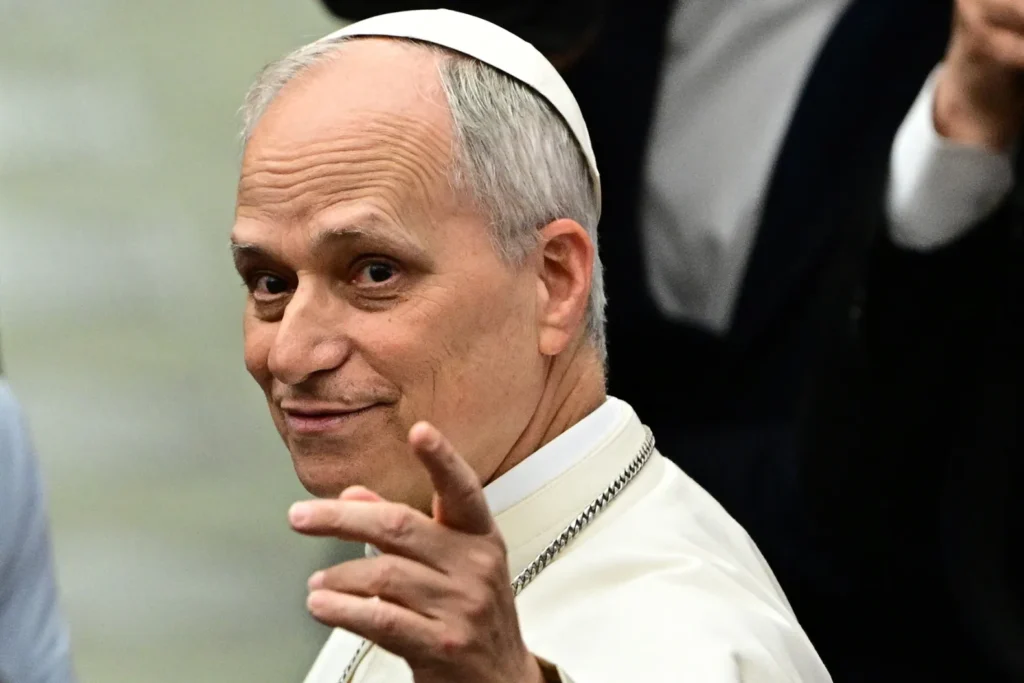
From Policy to Practice: Vatican Moves on AI Regulation
The Pope pointed to recent Vatican initiatives as first steps toward responsible AI stewardship. In January 2025, the Vatican released Antiqua et nova, a doctrinal note offering guidelines for ethical AI. Co-issued by key Vatican departments, the document stresses that AI must supplement, not supplant, human intellect and moral agency.
In parallel, the Vatican has urged governments to adopt regulations that mitigate AI’s worst abuses, ranging from deepfakes and mass misinformation to weaponizable technologies that threaten human oversight.
A Unified Church Voice on a Global Crisis
In line with this message, the newly elected Pope Leo XIV has adopted a proactive stance. In June 2025, he decried AI’s threats to human dignity, labour, and youth development, reviving earlier warnings by Pope Francis.
At a May conference in Rome, Pope Leo XIV affirmed the Church’s mission to guide humanity through what he called the second “industrial revolution.” He argued that without ethical direction, AI could usher in a dehumanising dystopia.
He referenced the importance of maintaining human-centric AI design principles and cautioned against outsourcing moral decision-making to systems incapable of empathy or moral reasoning. He emphasised that developers and corporations must embed ethics at the core of their AI design frameworks.
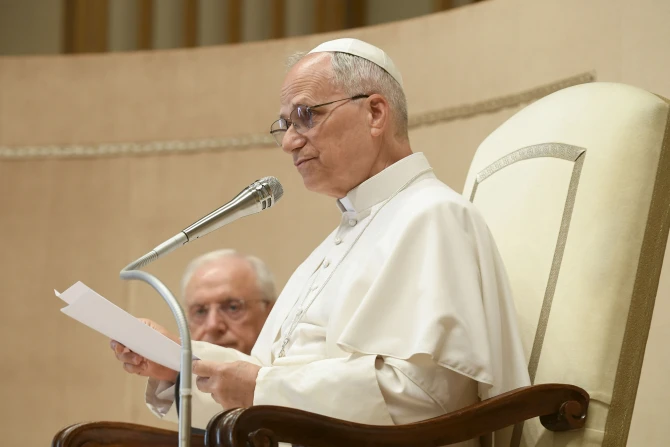
Why This Matters: The Real-World Implications
Here’s what’s at stake if the Pope’s concerns go unaddressed:
| Risk Area | Pope’s Warning |
|---|---|
| Truth & Democracy | Deepfakes and fake news can destabilise public trust. |
| Labor & Dignity | AI could erode meaningful work and escalate workplace control |
| Youth & Learning | Over-reliance on AI may hinder critical thinking in children |
| Autonomous Weapons | Technologies without human oversight pose grave ethical threats |
The Pope’s remarks serve as a moral reminder to technologists and policymakers alike: innovation is not inherently virtuous. Its value must be weighed in light of its impact on people, especially the marginalised, vulnerable, and voiceless.
What’s Next: From Ethics to Action
The Pope urged concrete decisions:
- Global treaties to set ethical guardrails, ensuring AI respects human dignity.
- Independent oversight bodies, not tech companies, to regulate AI development.
- Educational focus on cultivating moral discernment, making AI a tool, not a master.
These recommendations align with the evolving Vatican framework, notably Antiqua et nova, which calls for balancing innovation with moral frontline safeguards.
He also proposed interfaith and interdisciplinary collaborations. By involving scholars from multiple faith traditions and scientific backgrounds, the Vatican hopes to build a global ethics network equipped to deal with AI’s rapid evolution.
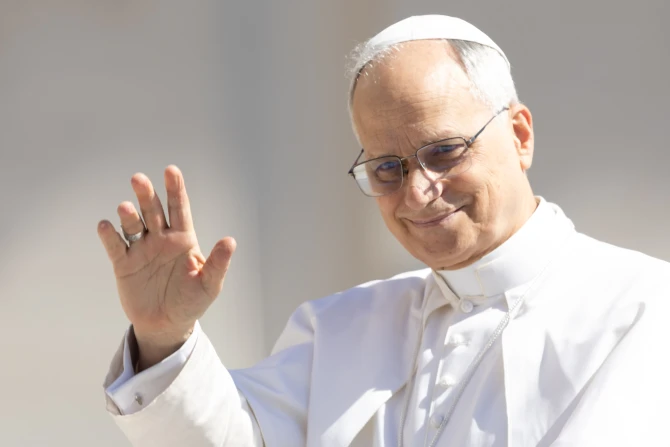
Conclusion: A Moral Compass for a Digital Age
The papal message is clear: AI offers enormous promise, but without ethics, it endangers the foundations of civilisation. Whether safeguarding freedom, defending truth, or honouring human dignity, the Church insists moral wisdom must steer technological progress.
The challenge, as both Pope Francis and Pope Leo XIV argue, is not to stop the future but to guide it. And in that guidance, the world’s oldest institution hopes to remain one of its most important voices.
Join our WhatsApp community
Join Our Social Media Channels:
WhatsApp: NaijaEyes
Facebook: NaijaEyes
Twitter: NaijaEyes
Instagram: NaijaEyes
TikTok: NaijaEyes



